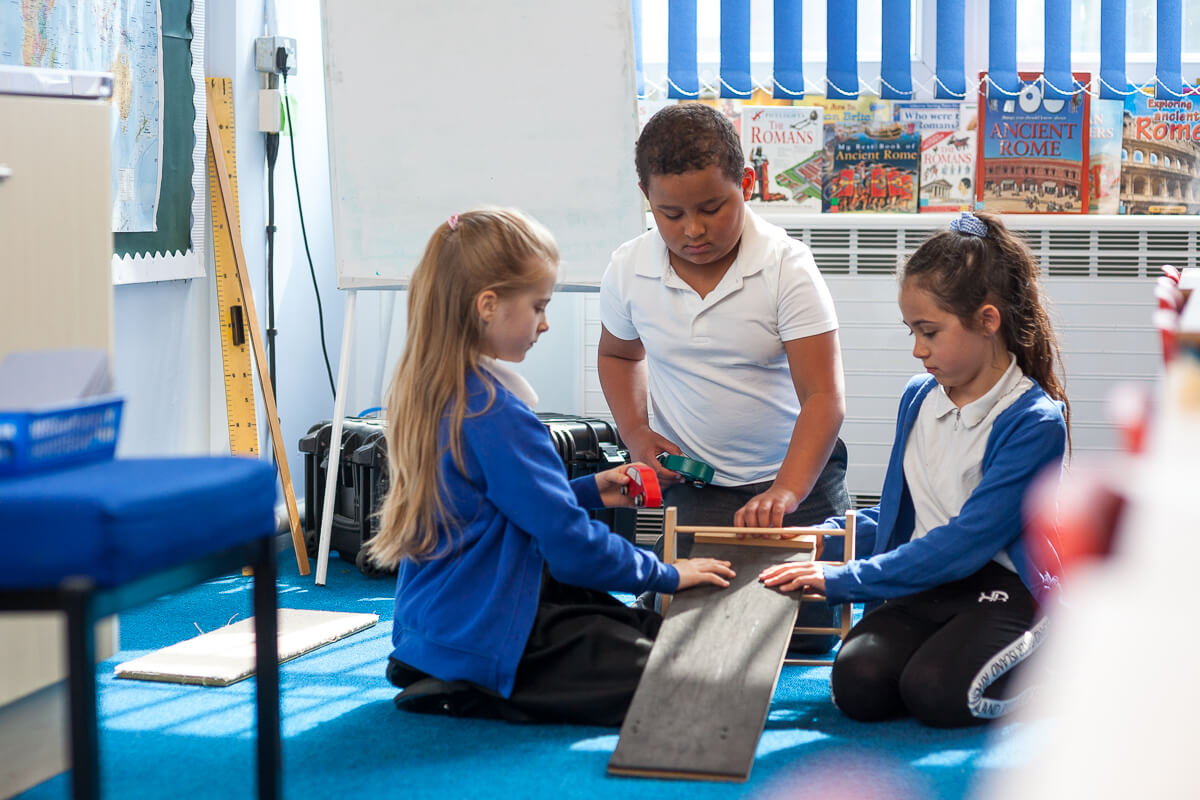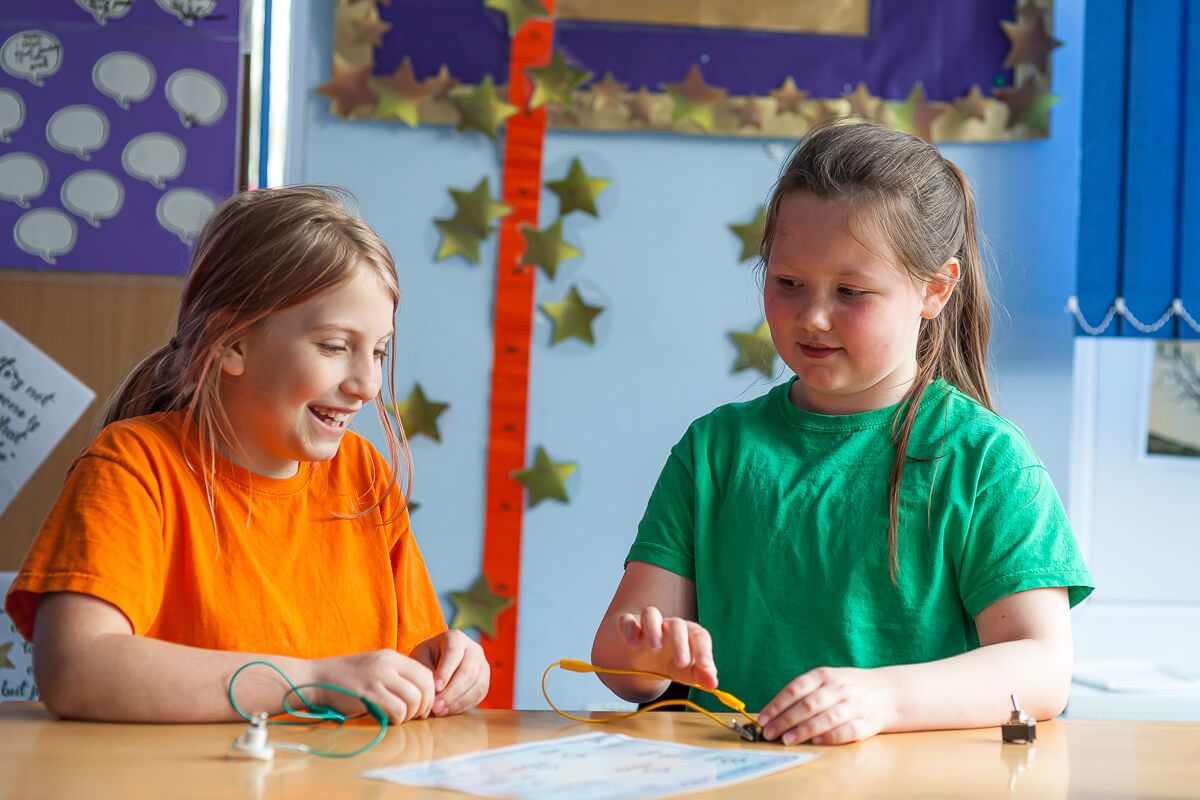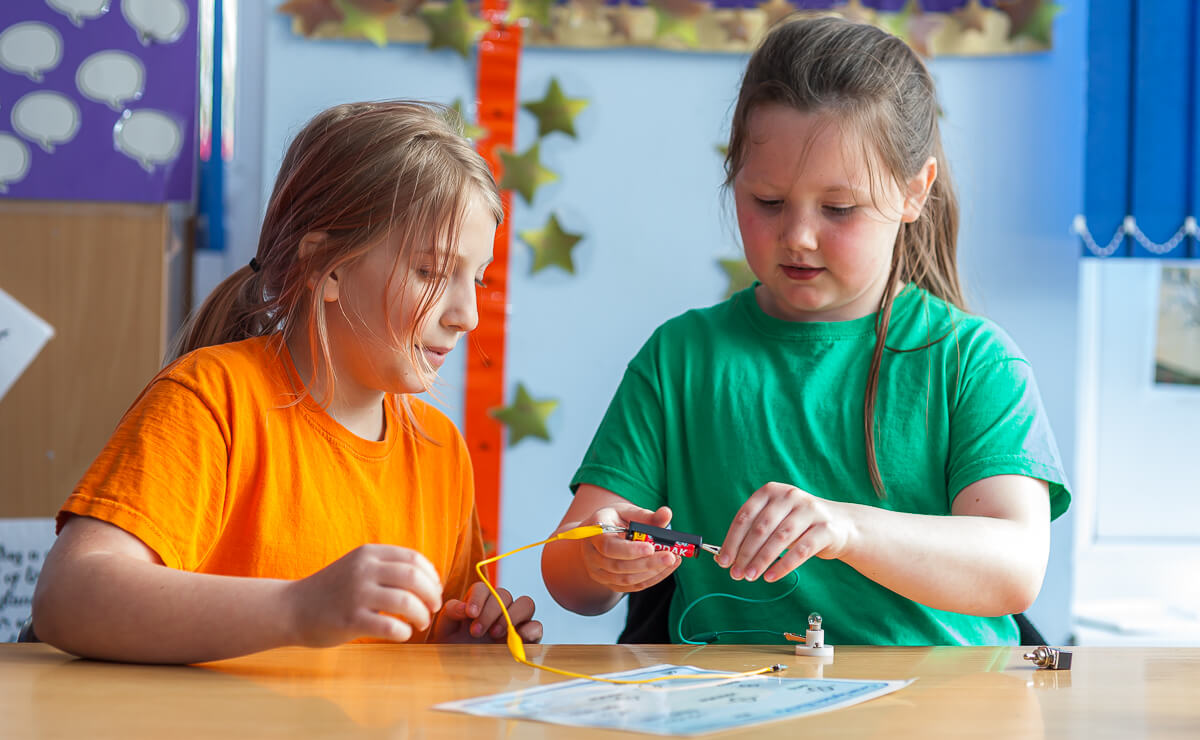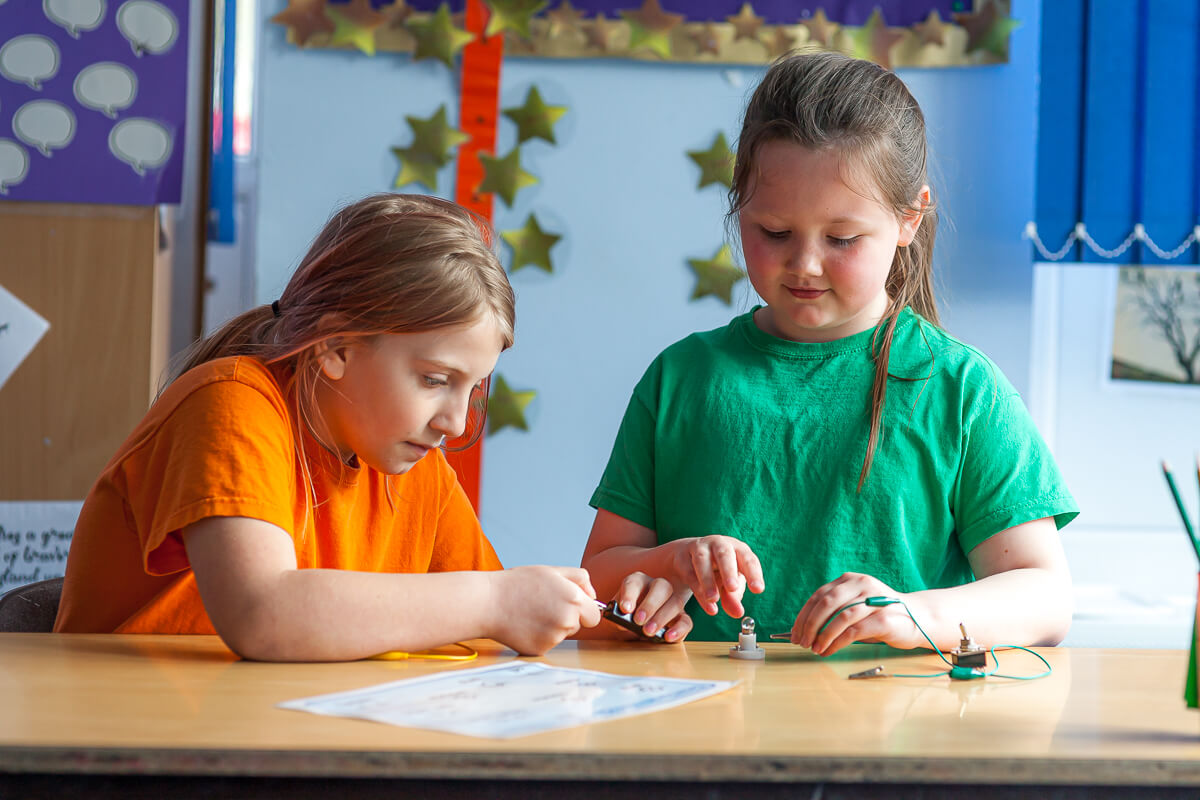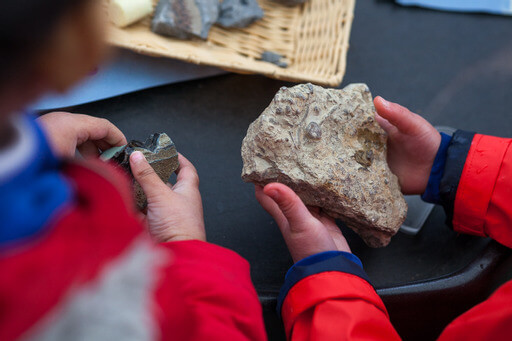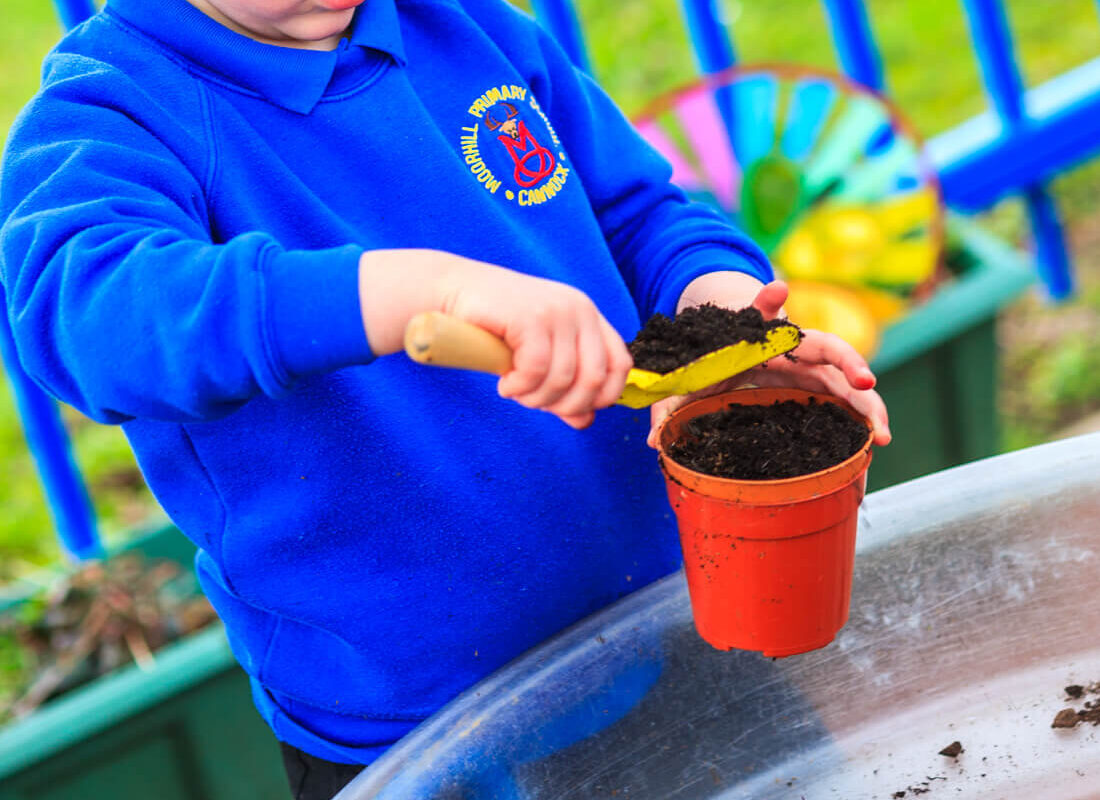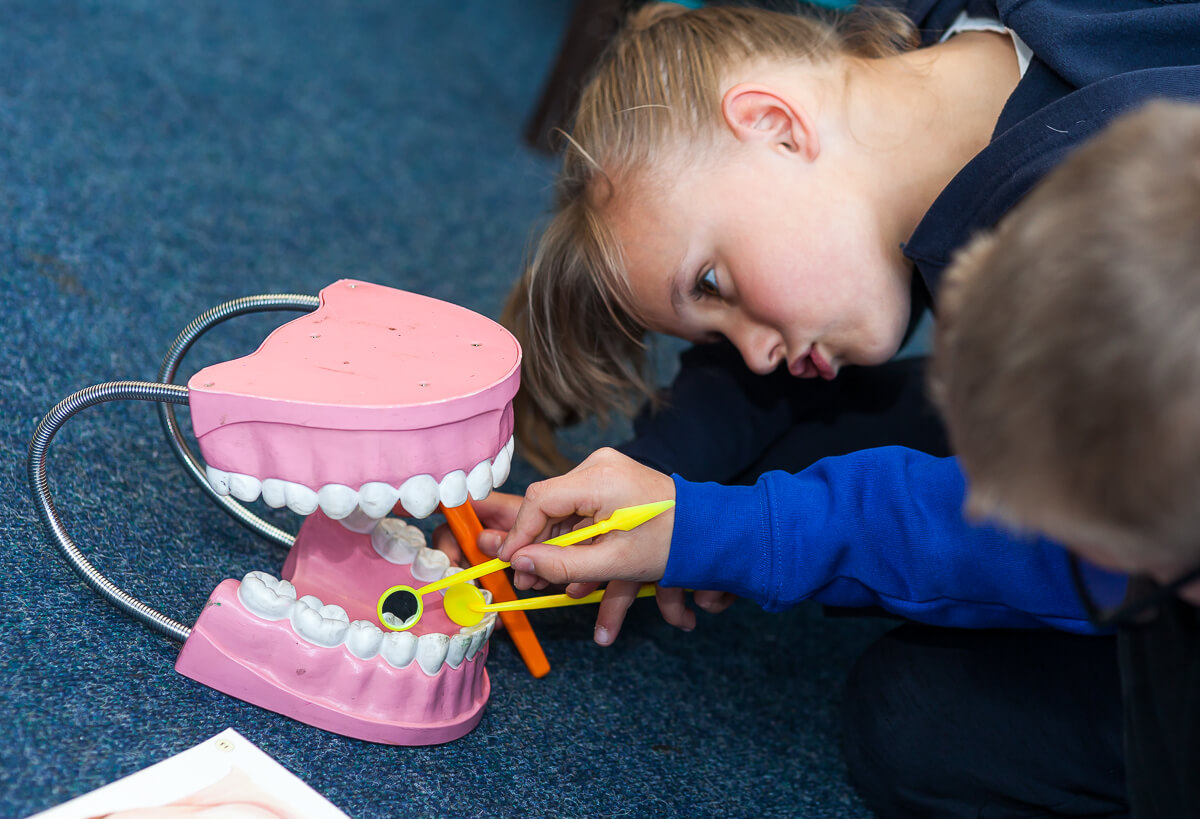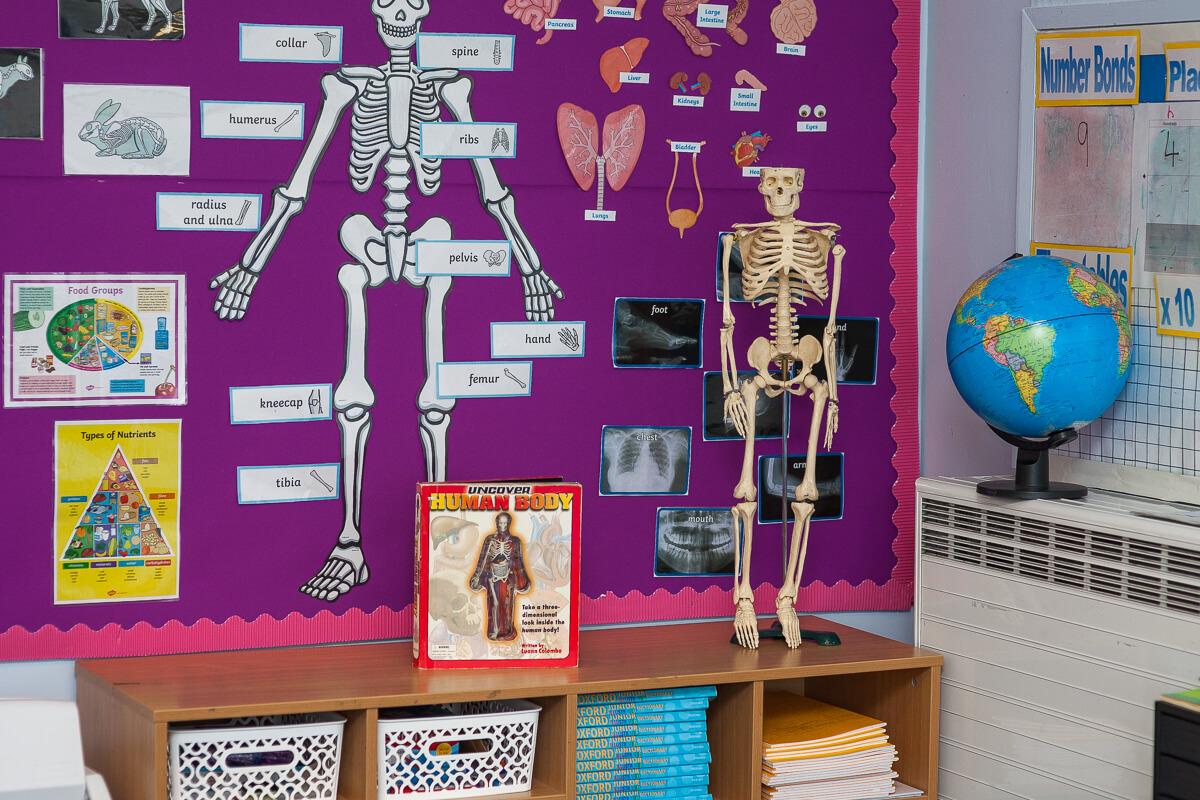Science
At Moorhill Primary School, we know that science is integral to everyday life therefore we take every opportunity to develop our children’s science capital. We understand that to encourage our children’s future prosperity we need to equip them with the necessary skills, knowledge and methods to be successful scientific thinkers.
Science at Moorhill allows children to be curious, inquisitive and excited about the world around them by being ambitious, active and explorative.
Therefore our curriculum is designed cover all areas of the National Curriculum, by being broken down into the skills, knowledge and vocabulary needed. Our science Curriculum Map ensures a solid foundation of knowledge is provided which is then built upon by offering several opportunities to use and build upon prior knowledge.
A key area of learning is exposing the children to a wide variety of scientific enquiry types. Skills and knowledge are developed through different ways of thinking and investigation to allow children to experience awe and wonder about the world around them.
Implementation
Our science curriculum has been designed following the National curriculum for KS1 and KS2 and The Early Years Foundation Stage Framework. Teachers use the Curriculum Map to support their plan for learning in a sequenced approach.
New vocabulary and challenging concepts are introduced and revisited: working scientifically skills are embedded into all lessons to ensure these skills are being re-examined and developed throughout their time at Moorhill.
Science is taught weekly at Moorhill, which allows children to regularly revisit and review learning.
We hold regular events such as science fairs, science focused assemblies and participation in science week allow pupils to discover a wider range of scientific learning that links to current affairs. This allows children’s capital to prosper and further enhance their enthusiasm for science. By doing this, the children are exposed to the purpose behind science learning and understand that science is accessible to everyone. These events sometimes include the wider community, this enables the children to link their science learning in school to enhance their future aspirations.
Impact
Our science curriculum is well thought out and planned to give children the skills, knowledge and opportunities to be challenged in their thinking and learning. It allows children to prepare for their next stage of learning and into their future endeavours.
We measure the impact of our curriculum through the following methods:
Pupil discussions and interviews about their learning
Evidence of pupils work, gathered at the end of units
We want our children by the end of their time at Moorhill, to have:
- developed scientific knowledge and conceptual understanding
- developed an understanding of the nature, processes and methods of science through different types of science enquiries that helped them to answer scientific questions about the world around them
- been equipped with the scientific knowledge required to understand the uses and implications of science, today and for the future.
Primary Science Quality Mark
In September 2023, Moorhill was awarded the Primary Science Quality Mark (PSQM). The PSQM is awarded to schools who demonstrate their commitment to excellence in science teaching and learning. Schools achieve the PSQM through a rigorous year-long process.
Learners with Special Educational Needs
At Moorhill, we scaffold and adapt the learning in science to enable all learners succeed.
Learning Is adapted through:
- Explicit teaching and modelling
- Scaffolded resources
- The use of technology, such as voice notation.
- Frequent revisiting of scientific vocabulary throughout a unit
- Science buffs are dyslexia friendly (buff paper)
- Adult support

